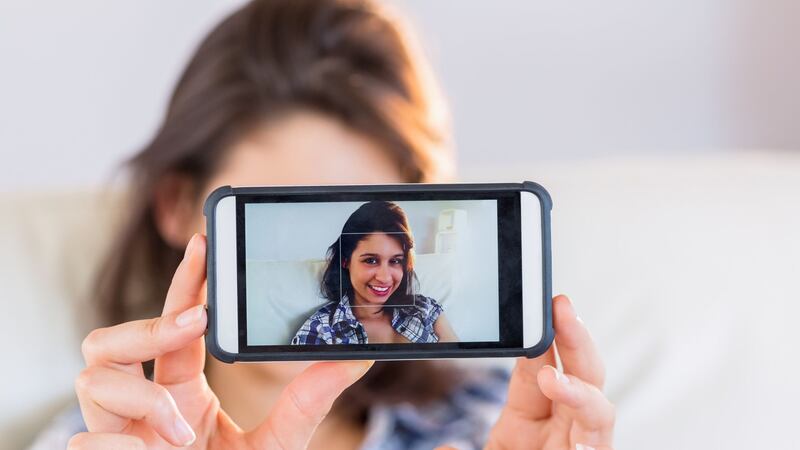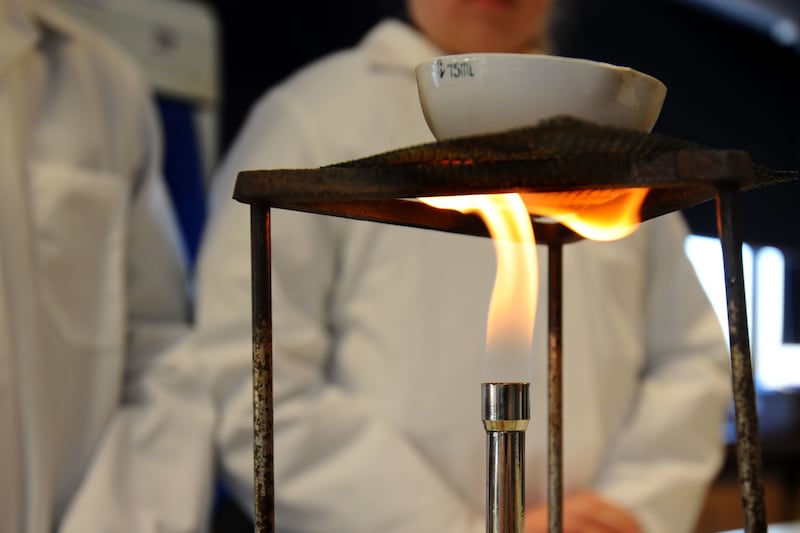Selfitis, or the obsessive taking of selfies, appears to be a genuine condition, research has suggested.
The term was first coined in 2014 as part of a spoof news article claiming selfitis was to be deemed a mental disorder by the American Psychiatric Association.
But researchers have looked into the phenomenon, after other technology-related disorders such as “nomophobia” or the phobia of not having a mobile phone to hand have been studied.
The paper, written by Dr Mark Griffiths, of Nottingham Trent University, and Madurai-based Janarthanan Balakrishnan, said: “This study arguably validates the concept of selfitis and provides benchmark data for other researchers to investigate the concept more thoroughly and in different contexts.

“The concept of selfie-taking might evolve over time as technology advances, but the six identified factors that appear to underlie selfitis in the present study are potentially useful in understanding such human-computer interaction across mobile electronic devices.”
Through the study, which was carried out with 400 participants from India as the country has the most users on Facebook, a selfitis behaviour scale was produced which looks at which factors provoke the condition.
These included self-confidence, attention seeking and social competition.
The Dr Griffiths wrote in the paper: “As with internet addiction, the concepts of selfitis and selfie addiction started as a hoax, but recent research including the present paper has begun to empirically validate its existence.”
The research is published in the International Journal of Mental Health and Addiction.








